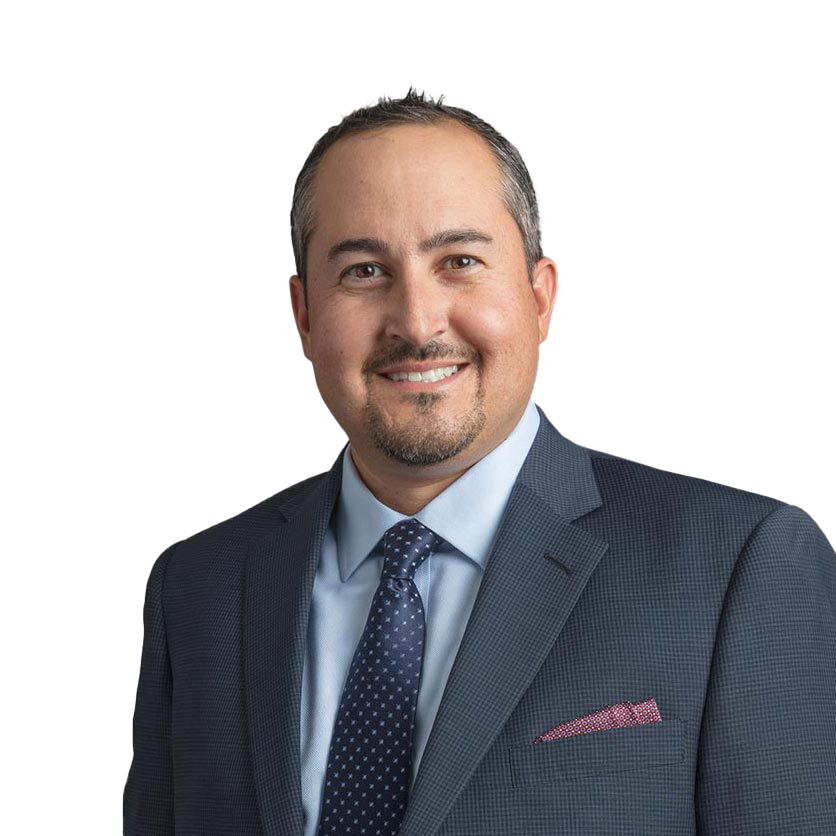Today marks the five-year anniversary of a wealth management milestone. On Friday, June 9, 2017, the United States Department of Labor enacted a new rule that required all financial advisors providing advice regarding qualified plans must forego any sales agenda and give advice that would benefit their clients or customers. If they decide to offer advice that is not in the clients best interest they must explain how and why they gave advice that primarily benefits themselves and their brokerage company. While this rule currently pertains to rollovers from a qualified plan like a 401(k) into an IRA, and to the investment recommendations for that IRA account, it may be a first step toward something larger, regulation that all financial advisors should be held to the fiduciary standard.
Most People Think They Are Getting Objective Financial Advice
The polls consistently show that most Americans believe they already receive objective advice — called “fiduciary” advice by the profession and regulators. However, the overwhelming odds are that they do not. There are half a million brokers who frequently call themselves financial advisors who earn commissions if they can convince you to buy an expensive alternative to the thriftier, better-performing investment options on the market. That is more than 10 times the number of advisors who adhere to a fiduciary standard. Government research estimates that consumers lose $17 billion a year to conflicted advice in the recommendations made by brokers and sales agents posing as advisors related to retirement plans.
At TCI, we have always acted as a fiduciary and even seek outside accreditation that assures our clients we hold ourselves to the highest ethical standards. TCI holds the CEFEX certification from the Center for Fiduciary Excellence; an independent organization providing rigorous systematic assessment to ensure certified firms are practicing fiduciary excellence. Think of it like the Consumer Reports of fiduciary practice for financial firms.
What does this industry jargon mean for you as our client? It means we are passionate about the fiduciary standard and support organizations and efforts which require all who hold themselves out as a financial advisor to adhere to these standards. We also think it is important for our clients to understand the term “fiduciary” and what it means.
What Is a Fiduciary?
The Department of Labor, who governs the world of 401(k)s and pension plans, defines a fiduciary as an advisor who is required to put their client’s best interests before the advisor’s profits.
Given comparable investment solutions for a client, a fiduciary would recommend the option with lower management fees. After all, if the investment solutions have similar risk and return expectations before fees, why not purchase the solution with lower fees thereby enhancing investment performance? This brings us to the standard to which commission compensated advisors (stockbrokers, registered representatives, insurance agents) are required to adhere, the suitability standard. In the example, if all three investment options are suitable for the client, the advisor could recommend the one that pays the most to the advisor.
How would that look in a profession where we expect fiduciary standards such as your doctor or lawyer? Imagine your physician was paid by commissions from hospitals and drug companies and could recommend treatment that was “suitable” for you, not necessarily the best treatment, just suitable treatment. An outrageous thought but this is the way it works in most of the financial service industry.
Financial Advisors Should Educate Their Clients
Many think this is simply a “buyer beware” situation, that investors are responsible for being informed. TCI is a firm believer in education and financial literacy. We believe an informed, knowledgeable client is the best client. Unfortunately, in the financial services industry, complexity is often used as a way to justify higher fees. Given the complexity of many investment products, a “buyer beware” attitude puts the great majority of consumers at a severe disadvantage. Adding another layer of complexity, it is nearly impossible to identify a fiduciary from a non-fiduciary particularly by title. Anyone can call themselves a financial advisor, financial planner, or wealth advisor. The titles of Wealth Advisor and Financial Planner are used by Registered Investment Advisors who are fiduciaries (TCI, for example) and they are also used by non-fiduciaries such as insurance agents and stock brokers.
Non-fiduciaries argue that as long as they disclose their self-interest, the consumer has the information they need whether or not the transaction is of a fiduciary nature. This reminds me of one of my favorite quotes, “There is a big difference between what you have a right to do and what is right to do” – Michael Josephson.
At TCI we are a fiduciary by principle, practice, and regulation. This is a non-negotiable promise to our clients. TCI will always uphold the highest ethical standards for the financial industry and continue to spread awareness on conflicts facing the industry.


